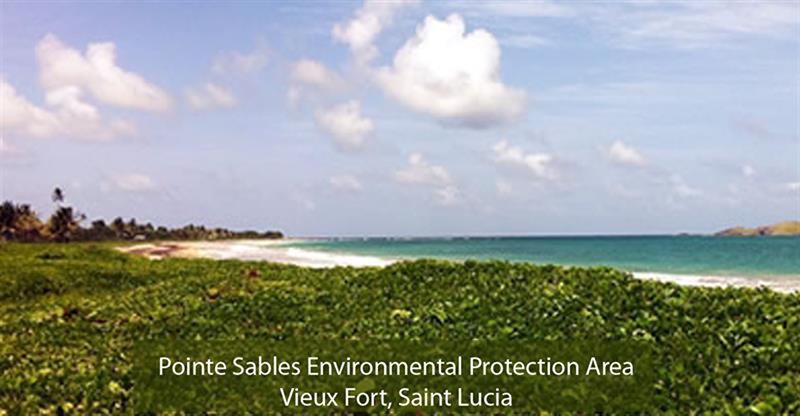THE ENHANCEMENT PLAN WILL HELP SECURE LIVELIHOODS.
 Against the background of various threats to the Point Sables Environmental Protection Area (PSEPA), including storms and hurricanes, increases in sea-surface temperature, overfishing, runoff related to unregulated agricultural practices and poor development activities a consultancy to prepare Guidelines and a Coral Reef Enhancement Plan for the Point Sables Environmental Protection Area (PSEPA) through the Disaster Vulnerability Reduction Project, DVRP, is being undertaken by Creocean.
Against the background of various threats to the Point Sables Environmental Protection Area (PSEPA), including storms and hurricanes, increases in sea-surface temperature, overfishing, runoff related to unregulated agricultural practices and poor development activities a consultancy to prepare Guidelines and a Coral Reef Enhancement Plan for the Point Sables Environmental Protection Area (PSEPA) through the Disaster Vulnerability Reduction Project, DVRP, is being undertaken by Creocean.
The Point Sables Environmental Protection Area is special for many reasons. It possesses the largest basin-like mangrove system in Saint Lucia known as the Mankoté Mangrove which is home to a variety of fauna and marine life, in particular seventeen (17) species of fish. It is also a marine reserve and is declared as a wetland of significant value under the international RAMSAR Convention on Wetlands, 2002.
The Point Sables Environmental Protection Area also includes large areas of seagrass beds and various types of coral reef which serve as natural barriers to storm surge.
Critically, there are several resource users, namely, seamoss producers, fishers, charcoal producers, horse-back riders, crafters, tour guides, and operators of soft adventure activities such as kayaking, diving and windsurfing, who make their livelihoods from the resources within the PSEPA. For these reasons and more, protection and enhancement of coral reefs within the PSEPA is a critical management priority.
Deputy Chief Fisheries Officer, Thomas Nelson, is of the thinking that the Point Sables initiative “has resulted in numerous benefits particularly for residents and businesses in the immediate vicinity of the environmental protection area and will protect the livelihood of the resource users into the foreseeable future.”
The consulting firm, Creocean, has already delivered a plan for reef enhancement for the PSEPA and more broadly, guidelines for preparation of reef enhancement plans for Saint Lucia.
The final part of the consultancy—scheduled for December 2019—involves providing training for staff of the Department of Fisheries and other coral reef stakeholders in underwater research specific to coral reef biology, health, nursery establishment, and monitoring. This will take the form of a two-week classroom and field-based training on scientific field techniques for reef enhancement.
To ensure sustainability and ongoing training opportunities, the DVRP is also investing in the development of a National Vocational Qualification (NVQ) in Coral Reef Gardening and Restoration for at least twelve (12) persons.